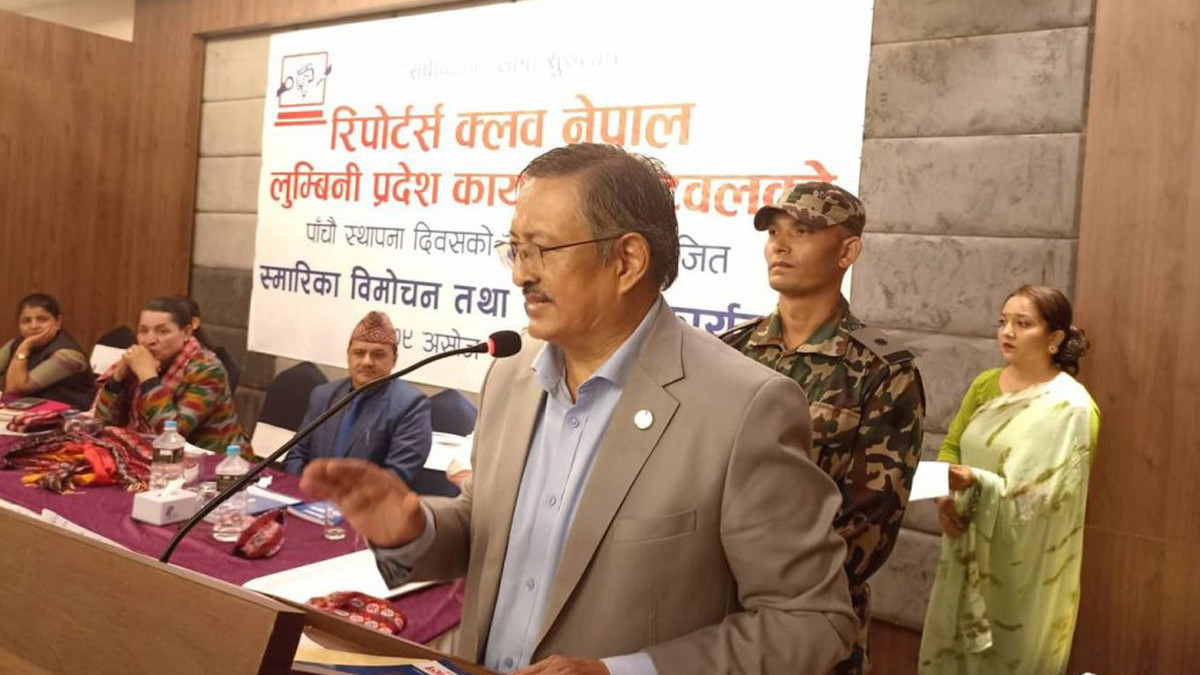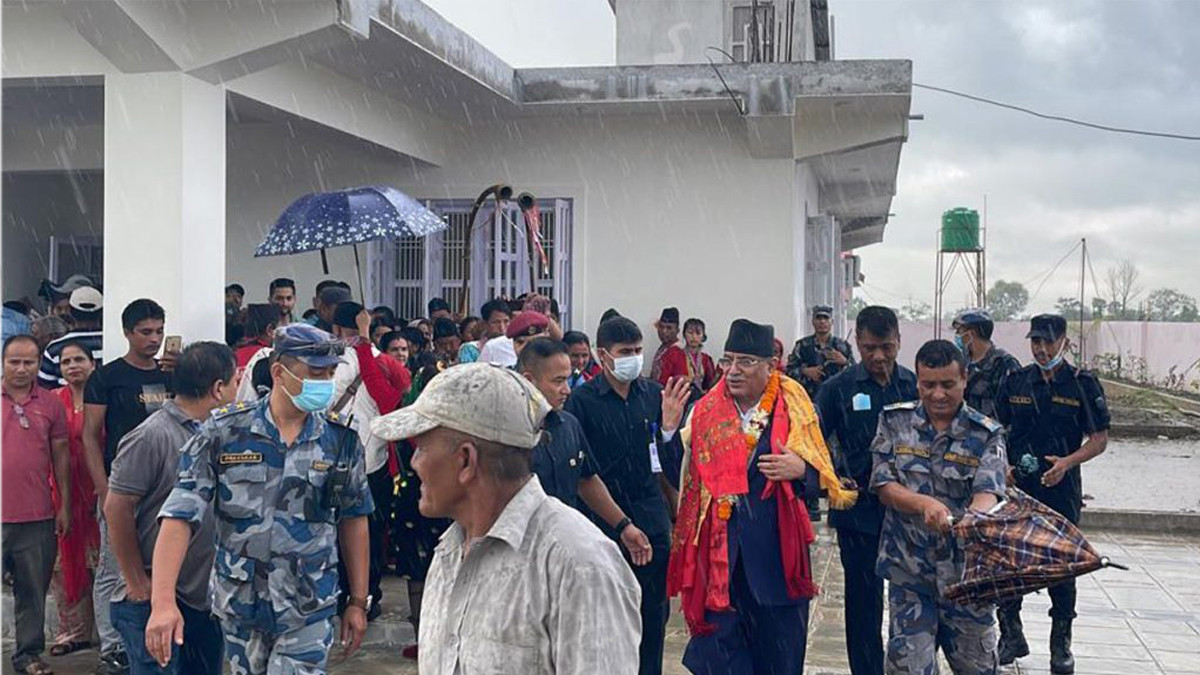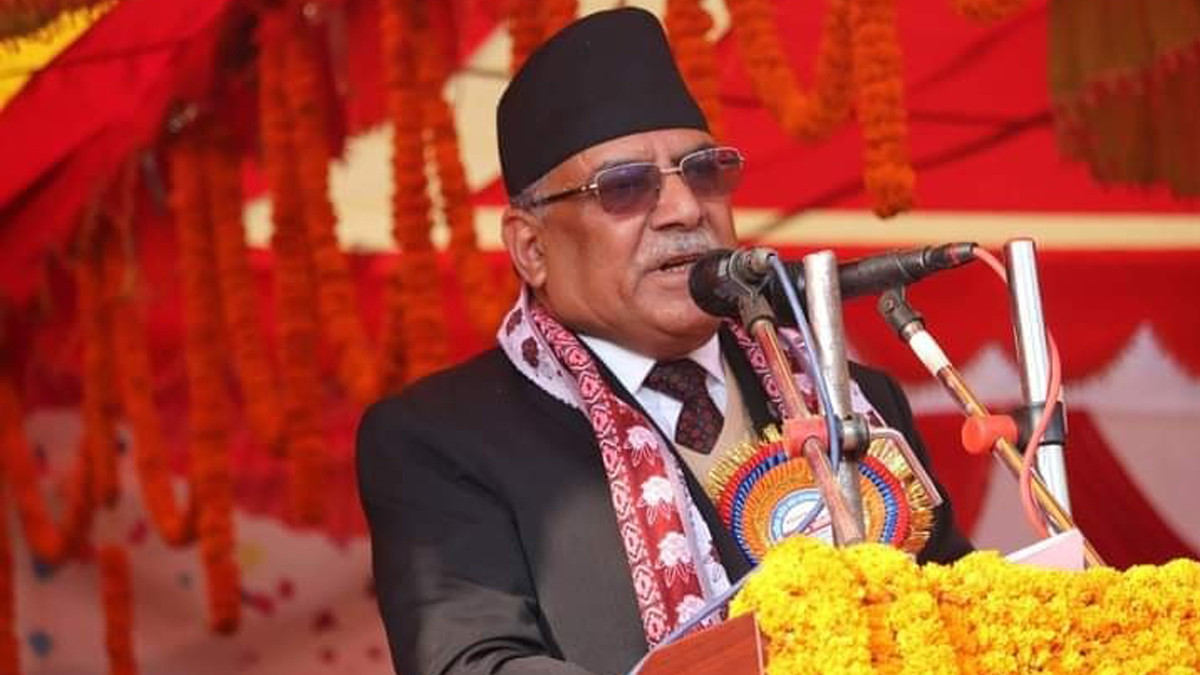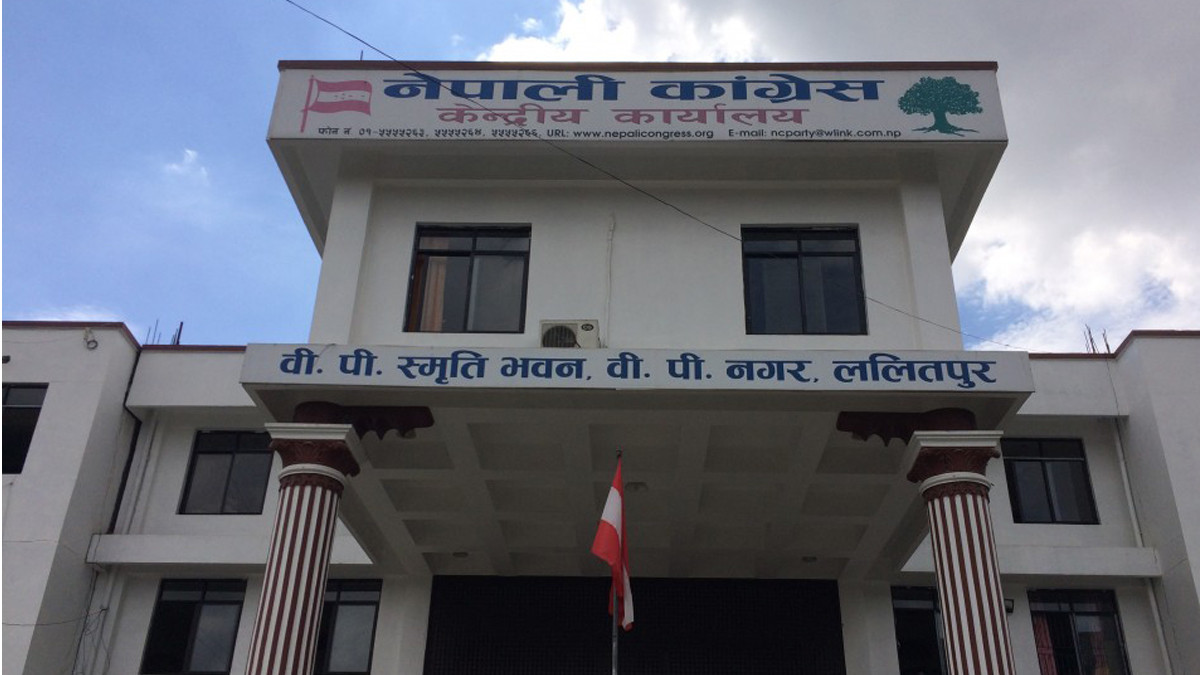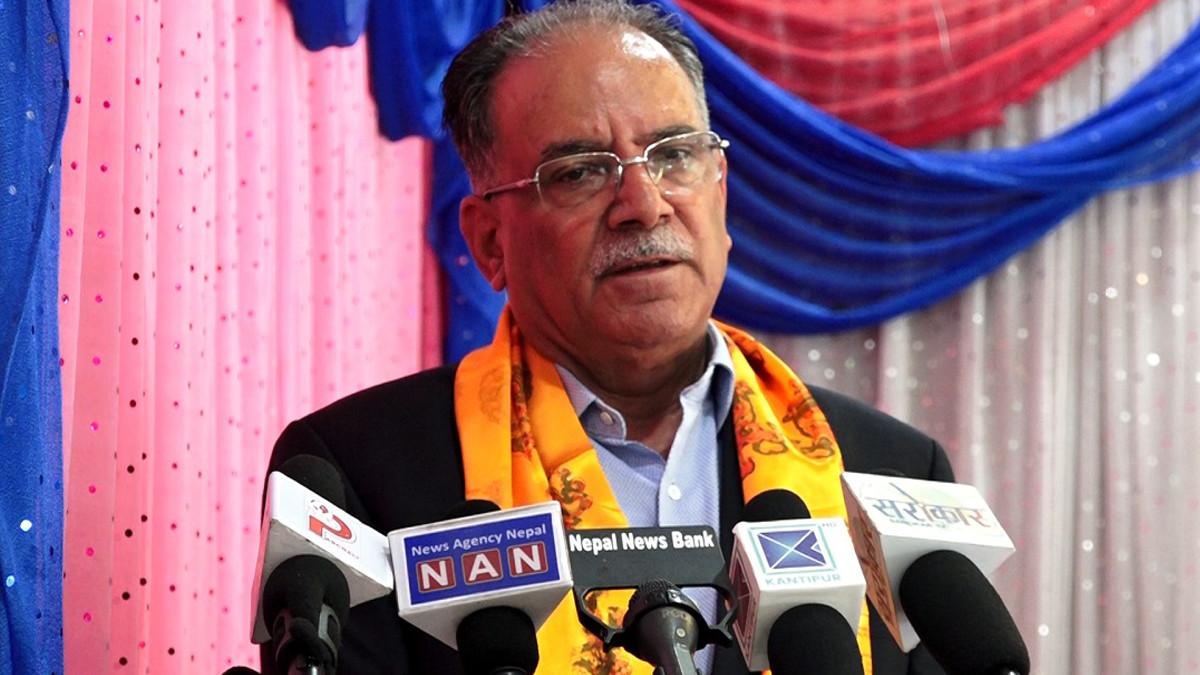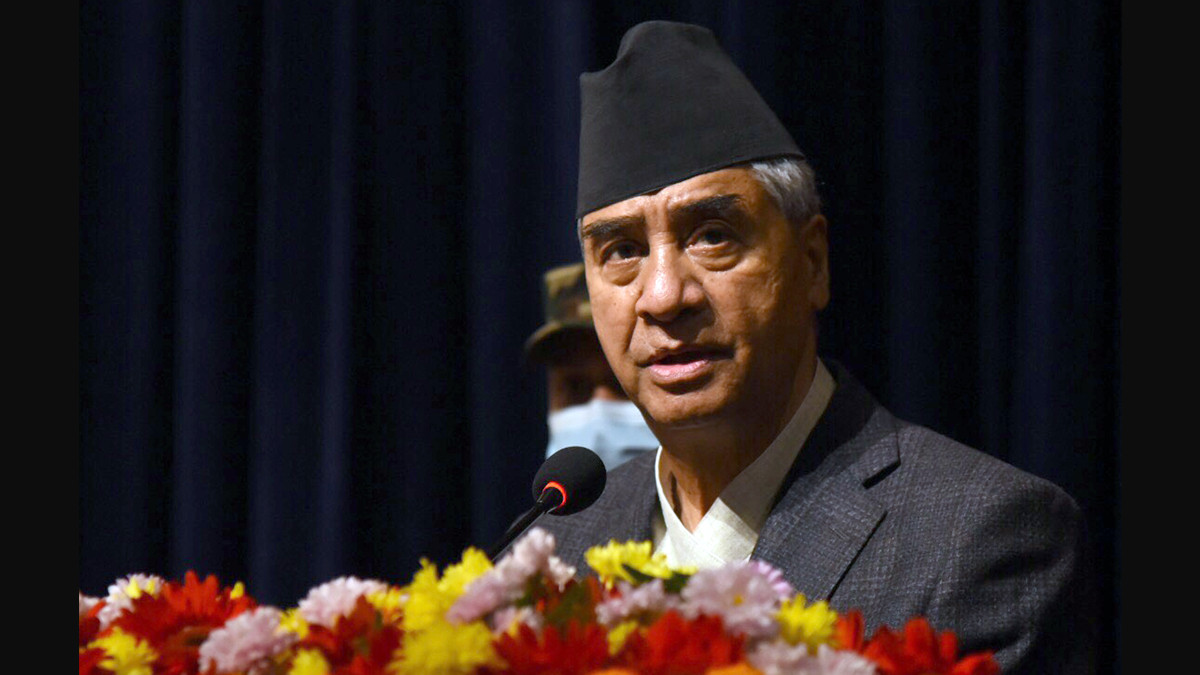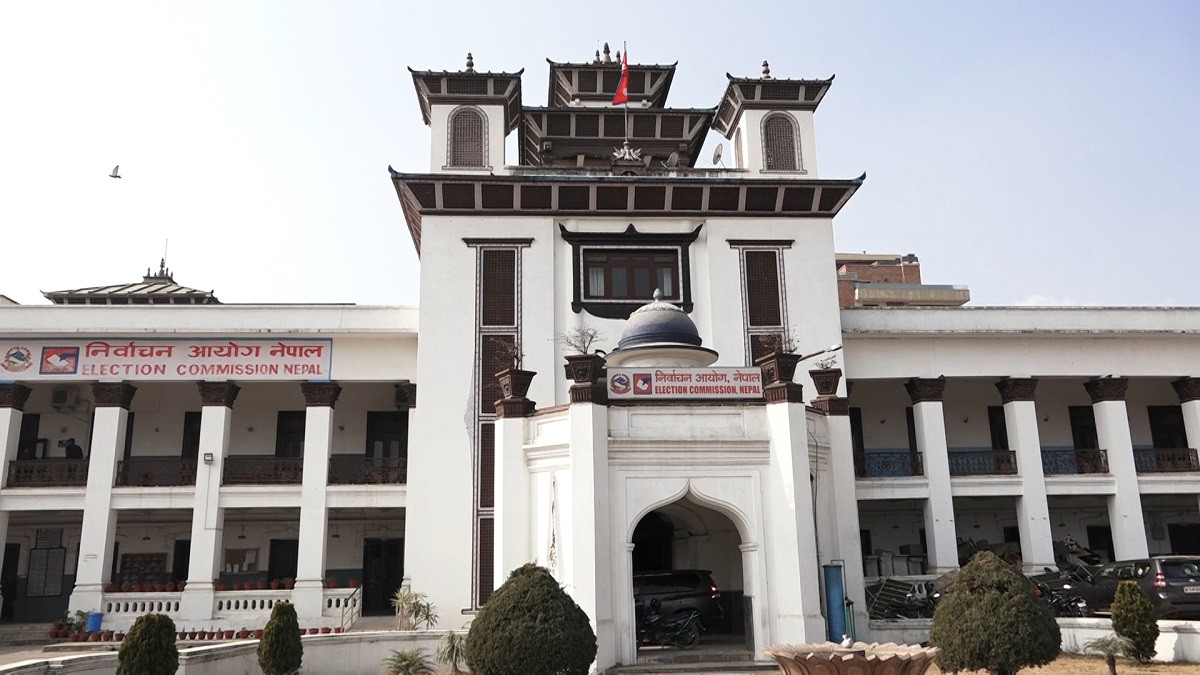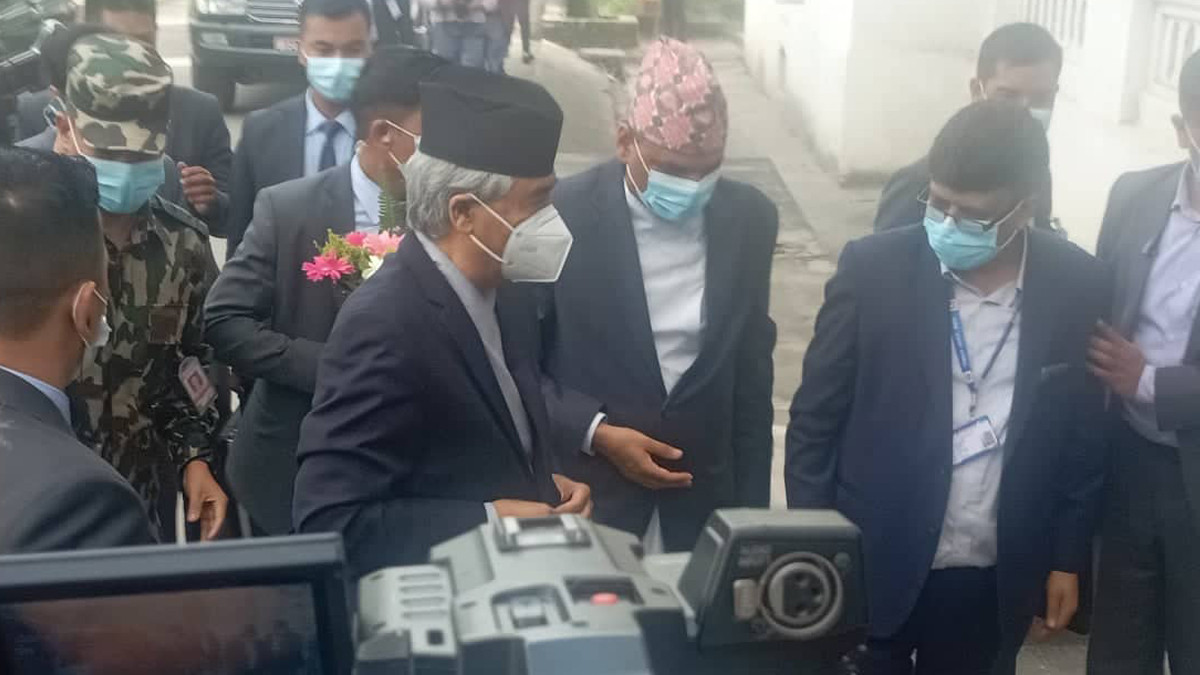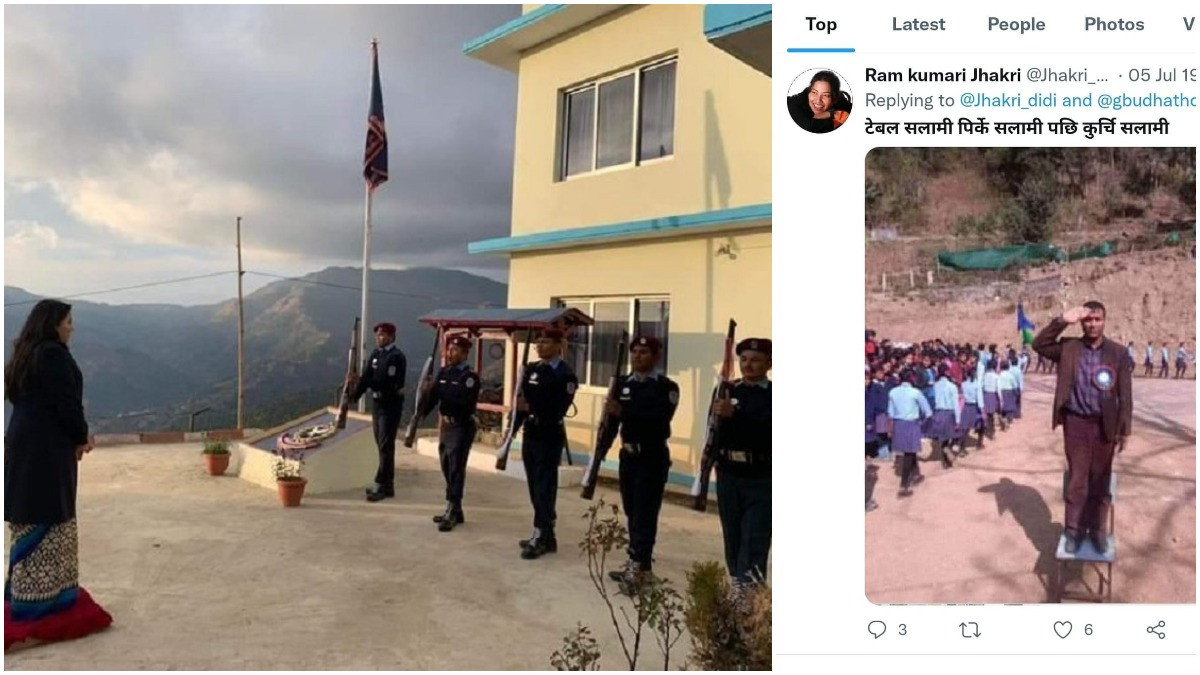 Omer Messinger/Getty Images
Omer Messinger/Getty Images
NEW YORK – Russia’s war on Ukraine has allowed Turkish President Recep Tayyip Erdoğan to pose as a statesman and peacemaker in the region, even as he doubles down on violating democratic principles and human rights at home. Consider the plight of Osman Kavala, a prominent philanthropist and civil-society activist who was recently sentenced to life imprisonment without the possibility of parole, four years after being acquitted, re-tried, and imprisoned again by Erdoğan-controlled courts.
Turkey’s treatment of Kavala exceeds even Russia’s persecution of Alexei Navalny, an opposition figure who was recently sentenced to nine years in prison. Turkey has doomed Kavala to what Hannah Arendt called “the hole of oblivion which totalitarian rulers prepare for their opponents.” Unwarranted life imprisonment not only erases the civic personality and social identity of the condemned but also shreds the fabric of memory and narrative that bind communities together, creating the conditions for a regime to use violence with impunity.
The stunning sentence for Kavala compares with the life imprisonment imposed on the separatist Kurdistan Workers’ Party (PKK) leader, Abdullah Öcalan, and the continuing detention of the leader of the Kurdish Peoples’ Democratic Party (HDP), Selahattin Demirtaş. But unlike Öcalan and Demirtaş, Kavala is not a politician, a soldier, or a media personality. He is an ordinary citizen who participated actively in Turkish civil society, and helped build independent cultural and scientific fora.
Kavala established Anadolu Kültür and has served on the boards of the Open Society Foundation, the Turkish Economic and Social Studies Foundation, and the History Foundation (Tarih Vakfi), among other organizations. For his work defending human rights and multiculturalism, he was awarded the 2021 Courage in Public Scholarship Award by the New School for Social Research in New York, an honor he shares with the late philosopher Ágnes Heller, the Polish historian Jan T. Gross, and the late American feminist and activist Ann Snitow.
Following the ruling Justice and Development Party’s electoral victory in 2002, Turkish civil society seemed to have been freed from the secular but repressive state that Mustafa Kemal Atatürk had established in the early 1920s. Kavala embraced the Turkish Republic’s multicultural legacy and worked to revive the conditions that had once allowed Armenians, Greeks, Kurds, Alevis, Jews, and Circassians to place their monuments, songs, cuisines, and memories freely throughout Turkey. Whereas Ernest Renan, the French historian of nationalism, believed that living as a nation entails forgetting the violent struggles of the past, Kavala saw that Turkish democratization requires acts of remembrance.
The irregularities of Kavala’s arrest, detention, and trial are so egregious that they have brought Turkey into open confrontation with the European Court of Human Rights (ECtHR), putting the country’s membership in the Council of Europe in jeopardy. Throughout his four-plus years in prison, Kavala has faced a series of shifting charges, from violent insurrection to participation in an attempted coup and espionage. Since the Istanbul 13th Assize Court has not yet released its written verdict, the charges included in its final judgment remain unclear.
Previously, in May 2019, Kavala’s case was deliberated by the Turkish Constitutional Court, where the Court rendered an uncommon split decision (ten to five) against the appeal, with Chief Justice Zühtü Arslan siding with the dissenters. Though Kavala was acquitted on February 18, 2020, of the charges relating to the Gezi Park protests, he was immediately re-arrested on charges of espionage and conspiring against the government.
The ECtHR, responsible for hearing cases involving violations of the Convention by member states, ruled that the Turkish Constitutional Court had not complied with the requirement of “speediness” in clarifying the charges against Kavala, who was held in pre-trial detention for more than three years before charges were filed. Moreover, the ECtHR noted that in the absence of evidence showing that Kavala had been involved in any criminal activity, he could not be suspected of having attempted to overthrow the government by force or violence. Finally, it found, “beyond reasonable doubt,” that Turkey had engaged in “extended detention of a human-rights defender with the ulterior purpose of reducing him to silence,” in violation of Article 18 of the Convention.
The European court requested that Turkey release Kavala (along with Demirtaş). But Turkey refused, and in September 2021, the Council of Europe Committee of Ministers announced that it would initiate “infringement” proceedings, which began in February. Turkey responded by announcing that it would expel the ambassadors from the United States and nine other countries (Germany, Canada, Denmark, Finland, France, the Netherlands, New Zealand, Norway, and Sweden) that had supported the ECtHR judgment. This move sent shock waves through diplomatic and foreign-policy circles, and only last-minute maneuvering averted a deeper diplomatic crisis.
The war in Ukraine has given Erdoğan the cover that he needed finally to put Kavala behind bars for life. Turkey’s central position in the region, along with its sale of drones to the beleaguered Ukrainians in the early stages of the war, has made it an indispensable partner for the West, and its good trade relations with both Ukraine and Russia have allowed Erdoğan to present himself as a mediator in the conflict.
In the meantime, Turkey will continue its “frenemy” relations with Russia in Syria. The Kremlin wants to preserve Bashar al-Assad’s government at all costs, and Turkey is equally committed to ensuring that separatist Kurds do not gain more territory along its southeastern border.
With the fog of war thickening, it remains to be seen whether the Council of Europe Committee of Ministers will impose appropriate sanctions on Turkey. Most likely, Turkey’s Western allies will find a way to humor Erdoğan, while Kavala, a man in his 60s, disappears into the hole of oblivion.
Seyla Benhabib is Professor Emerita of Political Science and Philosophy at Yale University and Senior Scholar in Residence at Columbia Law School.
Copyright: Project Syndicate, 2022.
www.project-syndicate.org

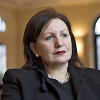 Seyla Benhabib
Seyla Benhabib